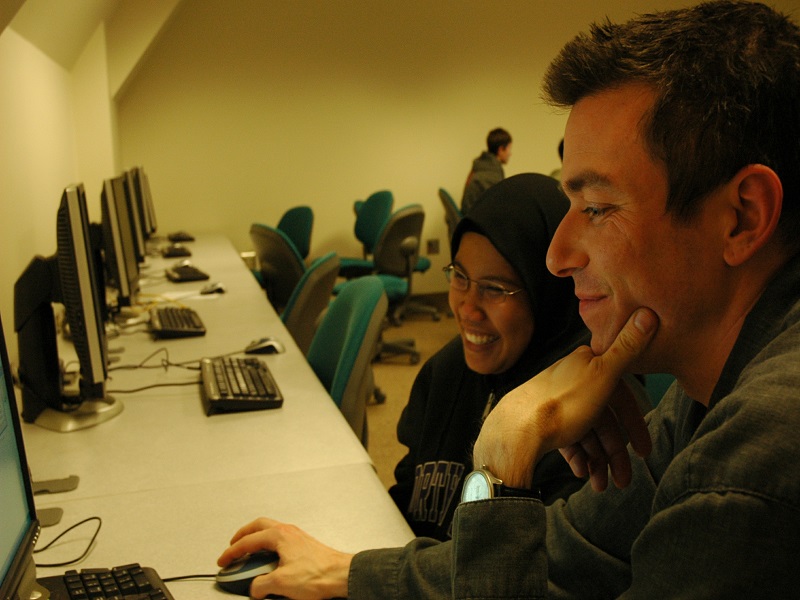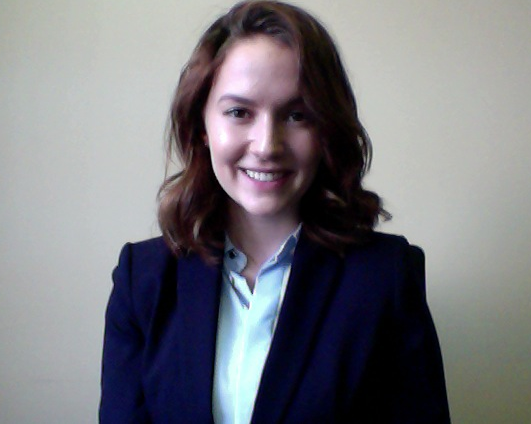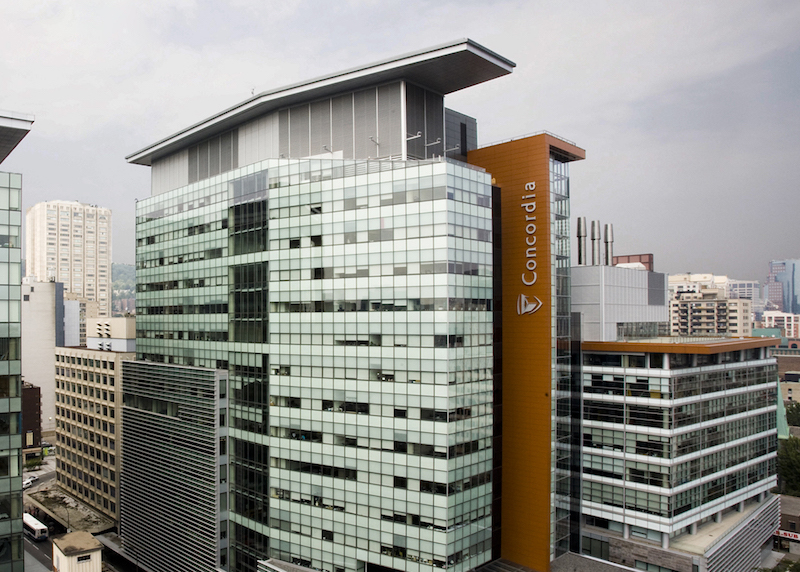Have you ever wondered whether pursuing international relations is right for you? Do you want to know more about international security but cannot afford the time or money to study it in university courses?
With the spirit of academic excitement and curiosity in the air in September, high school and university students may be eager to try new programs, such as international relations (IR). But before students might want to apply to IR (or at least consider its interest to them), they may perhaps want to try a course or two before making such a commitment.
As noted by the NATO Association before, there are very few international relations programs in Canada, and all of them have very competitive admissions standards. Many students pursuing a degree in a different field of study have an interest in international politics and they may not be able to take IR electives or minors because of time or concerns about maintaining a GPA. Besides limited opportunities to study IR in undergrad, university can be prohibitively expensive for many students and lifelong learners. These barriers can prevent many people who are interested in international relations and security issues from accessing the latest academic research and theories in this field.
But fret not, there is another option: creating your own do-it-yourself IR degree through Massive Open Online Courses (MOOCs) and other online resources.
MOOCs: A User’s Guide
MOOCs came to the forefront around 2012 when major platforms such as Coursera and EdX were launched, promising free and open education from world-class universities and organizations for anyone with Internet access and time. Throughout the years, MOOCs have grown steadily and diversely in topics and perspectives as institutions from all inhabited continents continue to join multiple platforms. Learners from lifelong students to professionals to eager high school students are enrolling in courses by the thousands, if not millions.
While MOOCs are all structured in different ways, in general, they resemble a university course. Upon signing up and registering for a class, learners have access to lectures, readings, discussions, and some assignments. Assignments range from multiple choice exams to peer review essays to graded discussion forums. Although many major platforms have begun charging fees of around $50-$200 for certificates of accomplishment or even access to graded assignments, learners can still audit almost all course material for free (some of Coursera’s graded assignments are behind a paywall).
In some ways, MOOCs are an extremely conducive medium for learning IR. For one, MOOCs allow comprehensive academic content to filter out of the ivory tower into the public. Learners from around the world can interact with, and learn from, each other. The courses are not limited to just one institution’s faculty or perspective, but learners get a truly international education as they enrol à la carte courses from multiple institutions. Besides learning for fun, MOOCs provide high school students the opportunity to get ahead in terms of academic content and building their educational resumes.
It is important to stress that MOOCs are almost always non-credit courses, more comparable to professional development or continuing education extension courses. In other words, MOOCs are not full substitutes for actual credits going towards a bachelor’s degree. However, as they are created by leading universities, MOOCs are often as academically rigorous as real university courses. As such, they are extremely worthwhile as a self-learning tool.
How to Use This DIY Curriculum
In a world of information overload, it is helpful to structure this information intake into an organized form of independent learning. In the spirit of Jonathan Haber’s “One Year BA” or Laurie Pickard’s “No-Pay MBA”, this article proposes possible paths and concentrations that an IR self-learner might want to experiment.
As an interdisciplinary program of study, IR requires its disciples to draw from political science, history, economics, and languages. The suggested curriculum here draws on the program requirements from IR programs at the University of Toronto, the University of British Columbia, and Western University. Of course, these are only suggestions and learners may plan their DIY IR degree as they wish.
As with any real university course catalogue, some courses may or may not be running in any given semester. This article will mention the start dates for courses that are scheduled to run this year, and will recommend courses on the assumption that many of these courses may be slated to have reruns in the near future. If some courses are not offered this year, it is possible to register early interest or, in the case of self-paced courses, sign up for the next cycle.
Efforts have been made to suggest as many active MOOCs (i.e. active courses supported by staff, with optional certification eligibility), but for topics where active MOOCs are scarce, archived open courseware will be suggested as an alternative.
International Relations 101: Theoretical foundations
International relations programs at U of T and UBC require prospective students to study a survey history course, introductory political science, and the fundamentals of economics before they can apply for enrolling in the program. This is easily replicable with MOOCs.
There is no better introduction to international relations and the world we live in today than the University of Virginia’s The Modern World, Part One (starts September 26) and Part Two (starts September 26). Taught by respected diplomat and historian Philip Zelikow, this global history course follows political and economic trends and developments around the world from 1760 to the present.
While Saylor Academy’s Introduction to Political Science (self-paced) provides learners a framework of standard political science concepts through curated open source readings and assessments, IR aficionados would be more than eager to jump straight to From International Relations to Global Politics (start date TBA), which introduces key concepts and theoretical approaches to conflict and cooperation, the most basic building blocks of international relations studies. In the meantime, Saylor Academy’s Introduction to International Relations is always freely available for reference.
More ambitious learners may want to try Espace mondial, a French vision of Global studies (starts September 5), offered by Sciences Po, which uses “a French sociological and historical approach to international relations”. In other words, it takes a more complex look at multiple transnational factors and concepts undergirding the world order, such as the role of identities, religions, regionalism and integration.
For groundwork in economics, Peter Navarro (a Donald Trump economic advisor) introduces macroeconomics in The Power of Macroeconomics: Economic Principles in the Real World (starts September 12). Configuring the World (part one starts September 19; the rest forthcoming) brings together international politics and macroeconomics to present a critical look at the data and analysis behind the study of political economy.
(This is the first part of a multi-part series on creating an IR curriculum through MOOCs. The next part will focus on regional concentrations.)
“All smiles, Instructor Jim Loter with a student, after class answering questions, computer lab, Infomatics, iSchool, Mary Gates Hall, University of Washington, USA” (2006), by Wonderlane via Flickr. Licensed under CC2.0 with some rights reserved.
Disclaimer: Any views or opinions expressed in articles are solely those of the authors and do not necessarily represent the views of the NATO Association of Canada.




